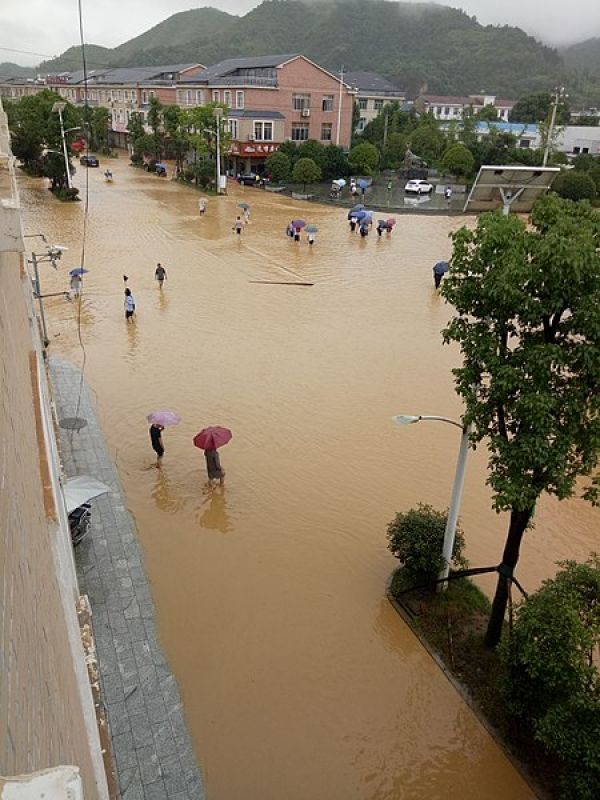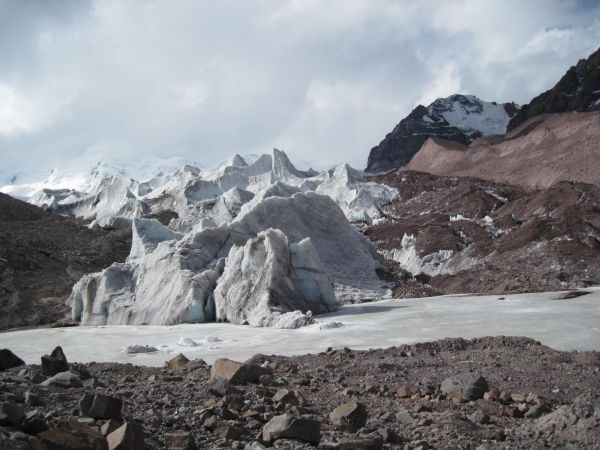Intensifying river floods could lead to regional production losses worldwide caused by global warming. This might not only hamper local economies around the globe – the effects might also propagate through the global network of trade and supply chains, a study now published in Nature Climate Change shows. It is the first to assess this effect for flooding on a global scale, using a newly developed dynamic economic model. It finds that economic flood damages in China, which could, without further adaption, increase by 80 percent within the next 20 years, might also affect EU and US industries. The US economy might be specifically vulnerable due to its unbalanced trade relation with China. Contrary to US president Trump’s current tariff sanctions, the study suggests that building stronger and thus more balanced trade relations might be a useful strategy to mitigate economic losses caused by intensifying weather extremes.
articles
Turning up the heat on thermoelectrics
Imagine being able to power your car partly from the heat that its engine gives off. Or what if you could get a portion of your home’s electricity from the heat that a power plant emits? Such energy-efficient scenarios may one day be possible with improvements in thermoelectric materials — which spontaneously produce electricity when one side of the material is heated.
For The Past 70 Years, The Danube Has Almost Never Frozen Over
Today, only the eldest inhabitants of the Danube Delta recall that, in the past, you could skate on the river practically every winter; since the second half of the 20th century, Europe’s second-largest river has only rarely frozen over. The reason: the rising winter and water temperatures in Central and Eastern Europe, as a German-Romanian research team recently determined. Their analysis has just been published in the online magazine Scientific Reports.
Global concern: Memorial scientist calls on world to act on conserving space sites
A scientific study led by Memorial University has concluded global action is required to protect a number of significant geological features on Mars, the moon and other planets and celestial bodies.
A New Wrinkle to the Limits of Life on Earth
Glacial retreat in cold, high-altitude ecosystems exposes environments that are extremely sensitive to phosphorus input, new University of Colorado Boulder-led research shows. The finding upends previous ecological assumptions, helps scientists understand plant and microbe responses to climate change and could expand scientists’ understanding of the limits to life on Earth.
Hope for Corals: Growing Species Resilience in Coral Nurseries
Historically, coral conservationists have focused their efforts on protecting these invaluable marine resources from direct environmental threats, like land-based pollution and damaging fishing practices.










